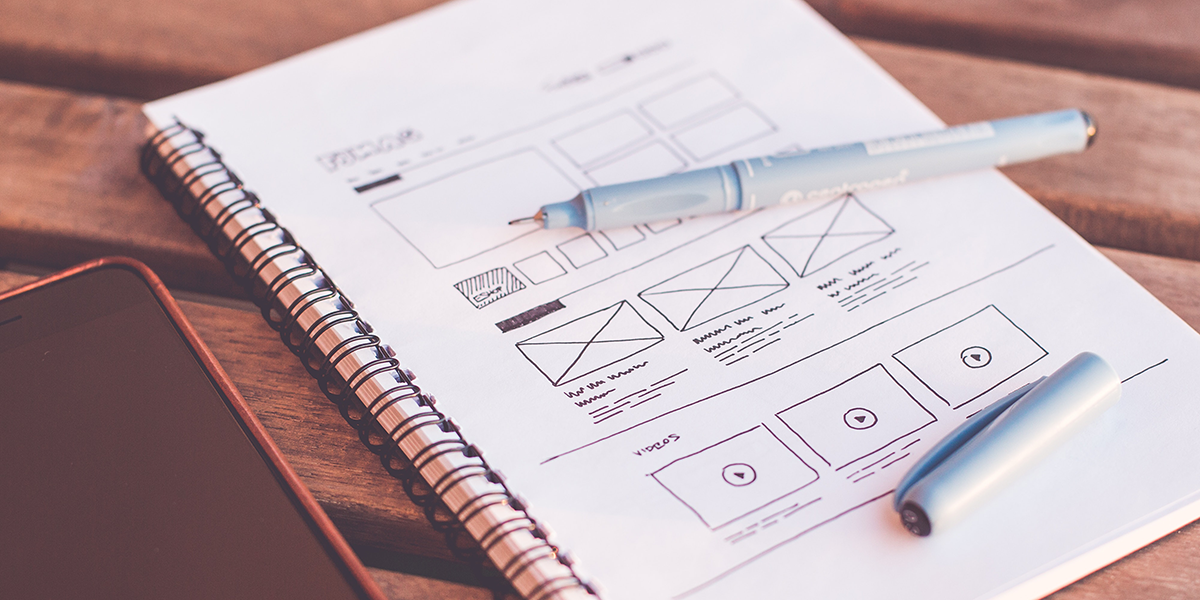
Get weekly
HubSpot updates
Why Do You Need Buyer Personas?
You may have heard the term buyer personas before and wondered what they are and why you would need them. Basically, personas are a semi-fictional representation of your ideal target customer based on real data and some select educated speculation about customer demographics, behaviour patterns, motivations and goals.
They are a description of the person or people that you are trying to reach with your marketing and as such, it doesn’t matter whether you’re b2b, b2c, a non profit or a charity, we’re all trying to reach someone and therefore, we should all put some effort into creating buyer personas.
The below graphic illustrates a very basic overview of a fictional company’s buyer persona.

Why it is important to develop personas?
If we refer back to the first stage of the inbound marketing methodology, which is attracting strangers to your website, it’s vital that we are attracting the right strangers - Ones that are more likely to convert into leads and then into customers. Therefore it’s important that any content that is written on your website is aimed at your persona.
For example, if you were to identify two personas for your company, one being a Finance Director, the other being a Marketing Director and you were selling web design services, you may have different content such as the following:
| Finance Director Blog Titles |
Marketing Director Blog Titles |
| The hidden costs of website design |
Designing your website for conversions |
| How to measure the ROI of your new website |
The best landing page designs for lead generation |
| Budget planning your new web design project |
How to write content on your website that converts visitors to leads |
The more work that you do to identify and put detail into your buyer personas, then the more targeted you can be with your content. You’ll produce content that your target market want to consume and that in turn will fuel your inbound marketing funnel.
How to create buyer personas
Developing personas is a continuous process - You may not have all the answers to hand to build your personas, but don’t let that put you off starting. You’ll build up and refine your personas over time. To create your buyer personas, there’s a few things you should do.
Identify questions to ask to develop your personas
Use this checklist for some questions that you could be asking. Don’t skip over the categories in the checklist, or make any assumptions. Tailor the questions to your organisation and your industry. Make them specific so that you get more detailed and relevant information about your persona.
Determine how you’ll research your personas
Once you’ve identified your questions, you’ll need to work out where and how to conduct your research. You could;
- Interview current customers
- Send out a survey to your customers
- Talk to co-workers who have more interaction with your customers and prospects
- Use social media sites such as Linkedin to find out more about your customers
- Check out comment sections on industry related blogs
- Download a Free Buyer Persona Template
Compile research and answers to your paraphrased version of questions
Put together a single source document to record the information that you’ve collected. You’ll then identify trends within the data and be able to spot common traits that you can use to build out your profiles.
Use the following best practices to build out your personas
- Focus on not just behaviours of your persona, but on the motives underlying the behaviour. If you can identify why people are taking the actions that they do, then you’re better placed to provide useful information.
- Be fictional, but be as realistic as you can - Give the persona a name or a face.
- Choose a primary persona - It’s likely that you’ll have more than one persona, but you’ll probably find that there’s one that brings in the most revenue.
- Bring your persona to life by building out a story to put them into context.
Once you've built out a buyer persona, you can really get moving with your inbound marketing campaign - find out more with our free eBook.

